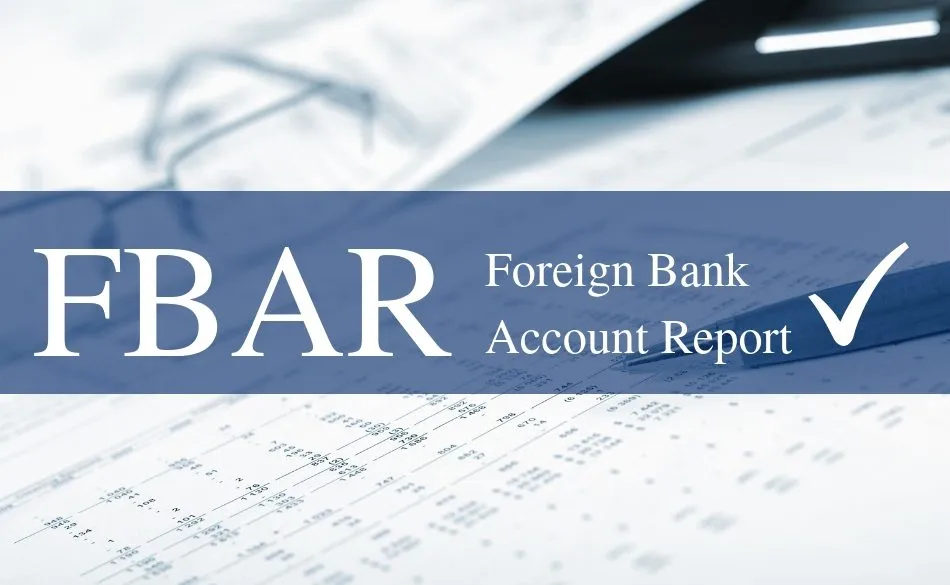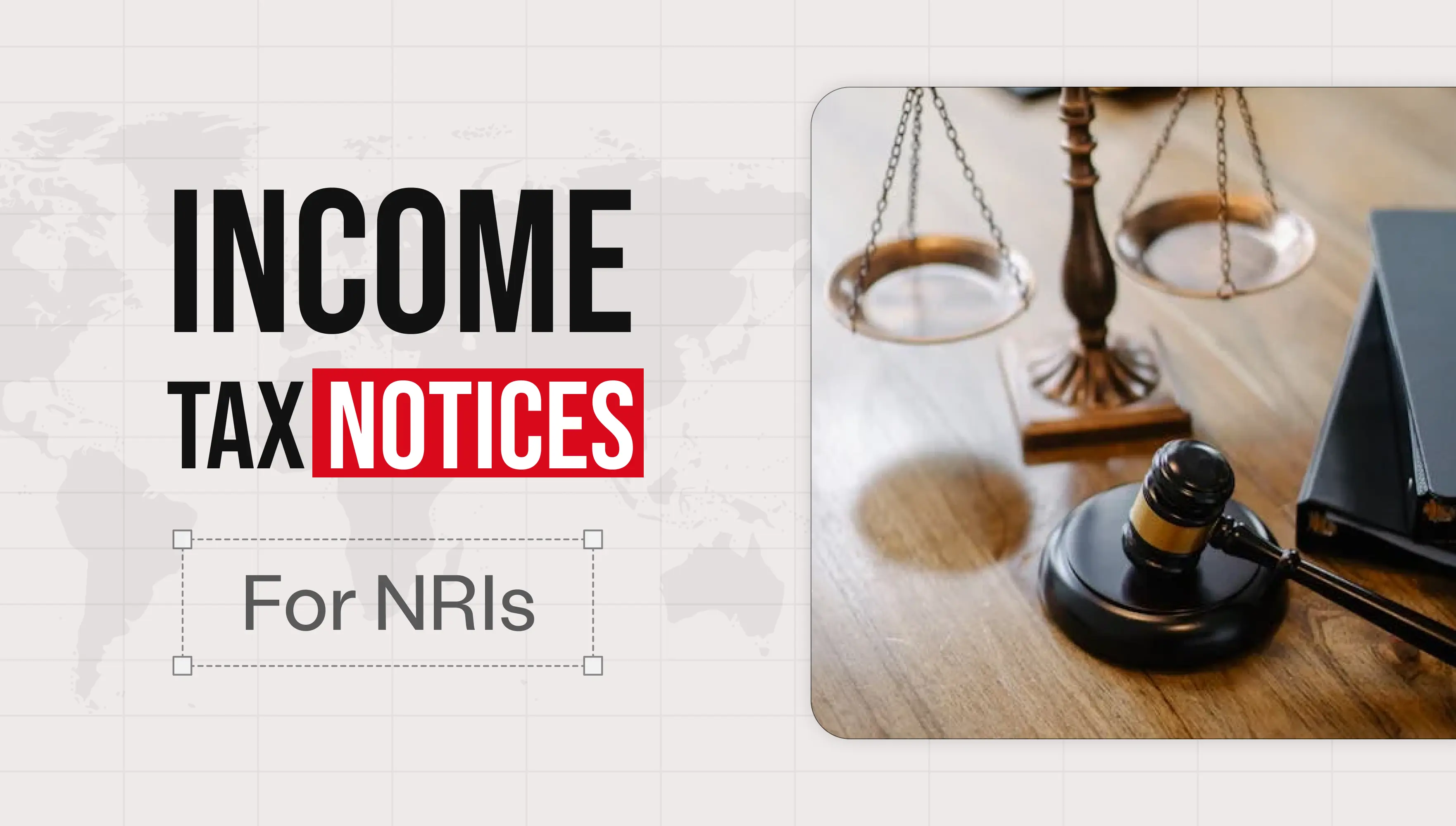 WhatsApp
WhatsApp
 Call Us
Call Us
 Email Us
Email Us
 Whatsapp Community
Whatsapp Community

When it comes to estate planning, many people think of wills and trusts as mutually exclusive options. However, they can complement each other to provide a comprehensive plan that suits your needs. Trusts, often perceived as tools for the wealthy or elderly, can benefit estates of all sizes. More people can gain from having a trust than you might think.
Contrary to popular belief, estate planning trusts aren't just for the extremely wealthy. Trusts offer several advantages, such as:
A trust is a legal arrangement where the owner (the Settlor) entrusts another party (the Trustee) to manage assets for the benefit of chosen beneficiaries. Trusts come in six broad categories—living, testamentary, funded, unfunded, revocable, and irrevocable—offering flexible options.
The Settlor transfers assets (such as money, property, or shares) to the Trustee, who manages them according to the Settlor's instructions for the benefit of the beneficiaries. Conditions can be set, like releasing funds only for specific purposes or in a staggered manner.
Trusts serve several purposes in estate planning:
Common assets for funding a trust include:
For small estates with uncomplicated assets, a will might be the simplest and most cost-effective choice. However, combining a will and a trust can ease the financial and administrative burden, ensuring confidentiality and a smooth transfer of assets. A comprehensive estate plan tailored to your needs will provide peace of mind and security for your loved ones.







Stay in the loop, subscribe to our newsletter and unlock a world of exclusive updates, insights, and offers delivered straight to your inbox.